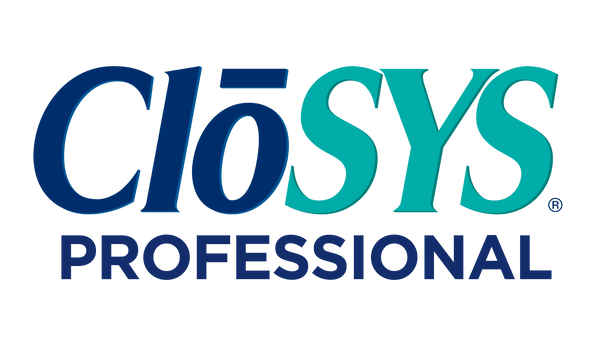Abstract
Background
Previous research has shown the oxidizing properties and microbiological efficacies of chlorine dioxide (ClO2), however, its clinical efficacies on oral malodor have been evaluated only with organoleptic measurements (OM) or sulphide monitors. No clinical studies have investigated the inhibitory effects of ClO2 on volatile sulfur compounds (VSCs) using gas chromatography (GC). The aim of this study was to assess the inhibitory effects of a mouthwash containing ClO2 on morning oral malodor using OM and GC.
Methods
A randomized, double blind, crossover, placebo-controlled clinical trial was conducted among 15 healthy male volunteers, who were divided into 2 groups. In the first test phase, the group 1 subjects (N = 8) were instructed to rinse with the experimental mouthwash containing ClO2, and those in group 2 (N = 7) to rinse with the placebo mouthwash without ClO2. In the second test, phase after a one week washout period, each group used the opposite mouthwash.
Oral malodor was evaluated before rinsing, right after rinsing and every 30 minutes up to 4 hours with OM, and concentrations of hydrogen sulfide (H2S), methyl mercaptan (CH3SH) and dimethyl sulfide ((CH3)2S), the main VSCs of human oral malodor, were evaluated with GC.
Results
The baseline oral condition in the subjects in the 2 groups did not differ significantly. The mouthwash containing ClO2 improved morning bad breath according to OM and reduced concentrations of H2S, CH3SH and (CH3)2S according to GC up to 4 hours after rinsing. OM scores with ClO2 were significantly lower than those without ClO2 at all examination times. Significant reductions in the concentrations of the three kinds of VSCs measured by GC were also evident at all examination times. The concentrations of the three gases with ClO2 were significantly lower than those without ClO2 at most examination times.
Conclusion
In this explorative study, ClO2 mouthwash was effective at reducing morning malodor for 4 hours when used by healthy subjects.
Article URL http://www.trialsjournal.com/content/9/1/71
